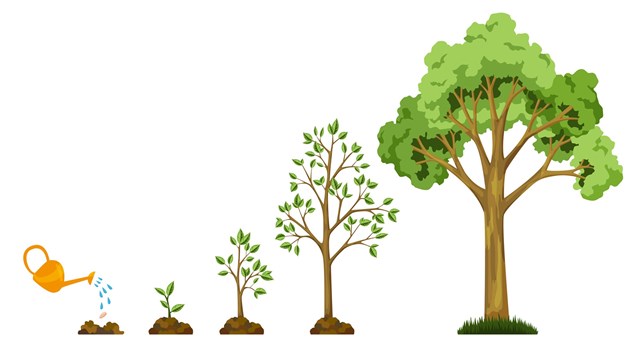
Q. I am a condo unit owner who has HOA property near my unit that was overlooked for many years with no landscaping. I have in the past six years slowly landscaped the area. No one from the board has said anything to me. It is landscaped in accordance with the landscaping of the complex.
The board president has a personal vendetta against me and now – after it is complete – has informed me the landscapers have been instructed to remove all my plantings and replace them with two holly bushes. The plantings that I put there are beautiful, and the area is 100 percent improved. Putting the holly bushes there will decrease the beauty of the area I landscaped and waste HOA funding for landscaping that many other areas need.
—Spurned Green Thumb
A. “Under the New Jersey Condominium Act, N.J.S.A. 46:8B et seq (hereinafter “the Act”),” says Anne Ward, an attorney for the firm of Ehrlich, Petriello, Gudin & Plaza in Newark, “a condominium property is divided into common elements, limited common elements, and privately-owned units. The Act says this about common elements:
“The right of any unit owner to the use of the common elements shall be a right in common with all other unit owners (except to the extent that the master deed provides for limited common elements) to use such common elements in accordance with the reasonable purposes for which they are intended without encroaching upon the lawful rights of other unit owners (The Act, 46:8B-6).”
“Thus, common elements are owned by all unit owners in proportion to their undivided percentage interests. General common elements are those which are for the use of all owners on a non-exclusive basis.
“Limited common elements are also commonly owned but are reserved for the exclusive use of one or more specified units. Balconies, decks, assigned parking spaces, and elevators are typical examples of limited common elements.
“I will assume that you are correct and that the area to which you refer is, in fact, a common element. While all owners are entitled to ‘use’ common elements, they are not entitled to unilaterally exert control over a common interest to the exclusion of the owners of the association.
“In fact, the association is responsible for the ‘administration and management of the condominium and condominium property, including but not limited to the conduct of all activities of common interest to the unit owners’ (The Act, 46:8B-12). The association is responsible for the ‘maintenance...of the common elements’ (The Act, 46: B-14(a)). Therefore, it is the association’s right and duty to landscape a common element. Unit owners are specifically prohibited from altering a common element (The Act, 46:8B-16). Your condominium governing documents must be consistent with the Act. The board of directors acts on behalf of an association and its powers are set forth in the governing documents. Clearly, use of a common element is subject to the board’s right to adopt and enforce rules governing its use.
“Frankly, it appears that you have usurped the association’s prerogative and should have sought its permission to landscape the area prior to installing plants. All unit owners are subject to the rules and regulations governing condominium property; and, they are assumed to have knowledge of same (The Act, 46:8B-16). However well-intentioned, your acts were unauthorized and the landscaping can legally be removed by the board. The fact that your acts went unchallenged for a time does not mean that the board permanently waived its right to exercise its powers and assert its authority over a common element. Governing documents uniformly provide that an association’s failure to enforce rules does not constitute a waiver of its right to do so in the future.
“I suggest that you try to persuade the board to keep your landscaping. Explain the situation and the circumstances to the board. Show them photographs of the site and any receipts or invoices for the landscaping which you may have retained. The board as a whole, not just one member, is entitled to evaluate and determine the issue of whether or not to remove your landscaping and install new plantings. Organize your neighbors to lobby the board to support you.
“If you disagree with the board’s decision you can request that your dispute be submitted to alternative dispute resolution (ADR) where it will be heard and determined by an objective third party or parties. All condominium associations are required to provide ADR (The Act 46: 8B-14(k)).”









Leave a Comment